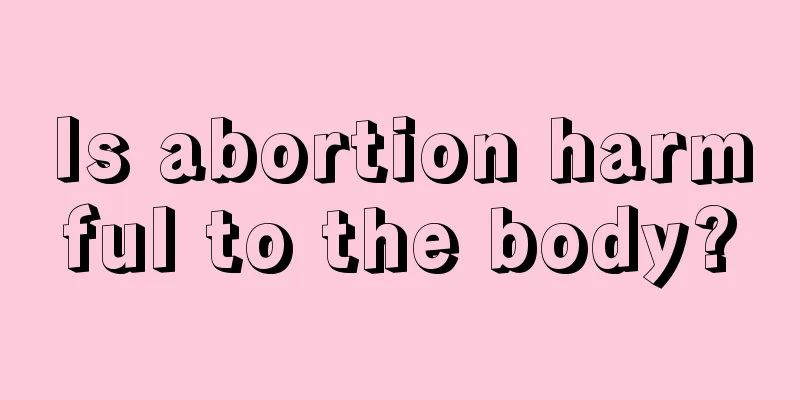What is the main route of transmission of AIDS?

|
"Doctor, do I have AIDS? "Don't be anxious, speak slowly. "I kissed someone of the opposite sex last night, and when I woke up this morning, my whole body was itchy. I checked online and it seemed like I had AIDS. “HIV is almost never transmitted through kissing, and even if you are infected with HIV, symptoms will not appear so quickly. "Really? I saw on the Internet that kissing can spread AIDS. Will kissing spread AIDS? What are the main ways of spreading AIDS? Is there a risk of contracting AIDS if you kiss with your tongue? Let's discuss this topic together. The HIV virus exists in human body fluids such as blood, semen, vaginal secretions, breast milk, amniotic fluid, prostatic fluid, and wound exudate. Sweat, saliva, urine, tears and other body fluids contain no or very small amounts of the HIV virus. How does AIDS spread from one person to another? To put it simply, there is an exchange of bodily fluids, that is, the bodily fluids of an HIV-infected person enter the body of an uninfected person. We have learned about the transmission routes of AIDS from some popular science works or on the Internet. There are three transmission routes of AIDS, namely sexual transmission, blood transmission and mother-to-child transmission. Sexual transmission - During sexual intercourse, men secrete prostatic fluid and ejaculate semen, and women secrete vaginal fluid. Since it is the male's genitals that enter the female body, the probability of male transmission to female is usually 10 times that of female transmission to male. If condoms are used throughout, correctly, and every time during sexual intercourse, there is basically no exchange of body fluids, so AIDS is basically not transmitted. The probability of correctly using condoms to prevent the sexual transmission of AIDS is over 99%. Blood transmission - The scope of blood transmission is very wide, such as blood transfusion due to disease, kissing that causes oral mucosal damage and bleeding, sharing syringes for drug use, etc. When men have sex, the rectal mucosa will also bleed due to damage. Usually, we attribute the transmission of men's homosexual behavior to sexual transmission, but it can also be attributed to blood transmission. It is precisely because the rectal mucosa ruptures and bleeds during men's sex that the risk of HIV infection is much higher among men who have sex. Mother-to-child transmission - Women infected with HIV may transmit HIV to the fetus during pregnancy, childbirth, and breastfeeding. Therefore, pregnant women infected with HIV must undergo cesarean section and artificial feeding. During pregnancy, antiviral treatment is required to minimize fetal infection. Can kissing spread AIDS? Generally speaking, kissing will not spread AIDS! However, if both parties have oral ulcers and blood is exchanged, there is a possibility of HIV infection; if deep French kissing, tongue kissing, etc. cause oral mucosa damage and bleeding, there is also a risk of HIV infection; polite kissing will not spread AIDS. My friends, please believe in science, take AIDS seriously, prevent AIDS, and don't panic too much about AIDS. |
Recommend
Nasopharyngeal cancer in women
Judging from the incidence rate of nasopharyngeal...
What are the causes of melasma?
Chloasma is a common skin disease among women, wh...
Is lobular hyperplasia grade 3 serious?
In fact, no matter what kind of disease it is, it...
TrafficGuard: Social network app downloads in Islamic countries increased 12% during Ramadan
199IT original compilation A new report from Traf...
Latest research: Microplastics found in human carotid arteries! Will they increase the risk of heart disease and stroke?
Nowadays, plastic has become an indispensable mat...
What should I do if I get hemorrhoids during confinement?
Having a child is an admirable thing, because it ...
Drink Chinese medicine before pregnancy to give birth to a boy
It is a folk belief that taking Chinese medicine ...
Causes of severe sexual indifference in women
Compared with male friends, female friends are ac...
How many times will a woman have sex during her menstrual period to become more beautiful and moisturized
Women experience menstruation every month, which ...
Causes of postmenopausal nipple pain
When women reach their 50s, they will experience ...
Why do girls have body odor?
When it comes to men, many women call them stinky...
Drinking tea during late pregnancy can predict the baby's gender
We all know the saying "sour boy, spicy girl...
Frontline of Epidemic Prevention | Is the ninth edition of the prevention and control plan still effective? Can vaccination wait? ... The authoritative answer is here!
On August 10, the Joint Prevention and Control Me...
Do nipples get bigger?
The nipples may become larger, mostly due to phys...
What are the chances of getting pregnant with polycystic ovary?
The ovary is a very important organ for women. It...









